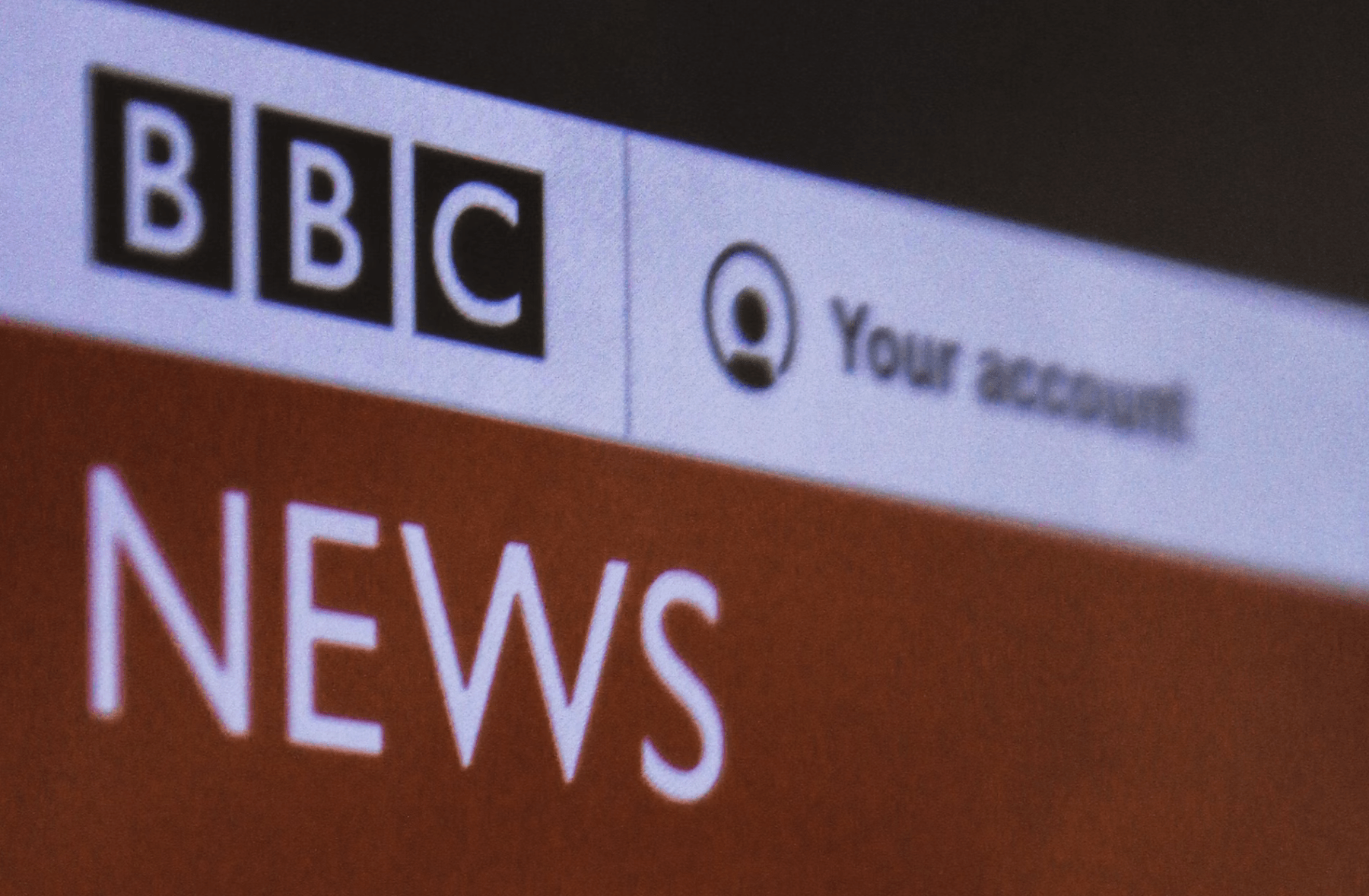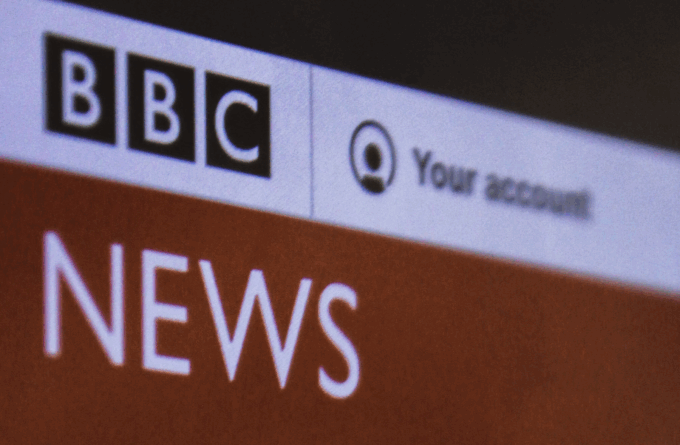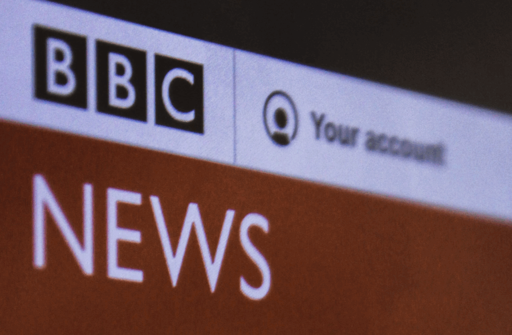

Photo by Siora Photography
Brits often wrestle with their annual BBC licence fee. At £174.50 a year, it is no small cost in the current economic climate. Every payment creates a loud thud on the wrestling mat. Licences fees raised a whopping £3.8 billion in the year ending March 2025—£183m more than the previous year—and that still accounted for only 65% of the BBC’s total income of £5.90 billion. This money-pile supports eight TV channels, multiple national and local radio stations, BBC iPlayer, the BBC website, podcasts, apps, including those covering news, sports, CBeebies, and weather.
As many may know by now, Trump is threatening to sue the BBC for no less than $1 billion. The prospect of hard-earned public funds contributing to the wealth of an already affluent president has provoked widespread public outrage over here. The legal action stems from that editorial decision portraying Trump as inciting the January 6 Capitol riots—an implication many found offensive. But as former Sky News political editor Adam Boulton stated this week, the impression that Trump encouraged the riots remains widely held. Former NATO spokesman and BBC correspondent Mark Laity commented, “I think the BBC’s ‘sin’ was relatively minor but is being well exploited by its enemies.” Part of the problem is that conservatives view the BBC as biased towards liberal or left-leaning perspectives. It is like an orgy for them they are not invited to. Ironic given the largely squeaky-clean nature of the BBC and the reported hell unleashed by conservative-minded Sir Robbie Gibb on the organisation.
Additionally, its commercial rivals resent the organisation’s public funding. Podcaster Lewis Goodall has even suggested that the BBC’s difficulties began precisely when “the place lost its nerve, against a Conservative government of which it was deeply afraid.” Gibb incidentally is criticised for using his position on the BBC Board to clamp down on editorial decisions and louden claims of bias—thereby undermining the broadcaster’s independence and impartiality.
The recent controversy involving Trump and the BBC remains a significant media fiasco. While the editing error in the Panorama segment was undeniably a serious lapse in judgment, the reaction has been disproportionately politicised. Many of those currently criticising the BBC appear to be motivated more by ideology than by concern for journalistic standards. This is evident from reader comments on articles about the incident, particularly in outlets such as The Telegraph.
Panorama unquestionably made a mistake—but the irony is that the edit was intended to make Trump sound like he already did. It was unnecessary. Furthermore, while the incident has received prominent coverage as a BBC failure, it is rarely noted that the film in question was produced by an independent company, October Films Ltd.
For the record, Trump: A Second Chance? was first broadcast on 28 October 2024. It provided a pretty compelling account of why Trump remained a powerful political figure at the time, highlighting the experiences of supporters feeling left behind by economic drought, spaced out by dizzying job losses, and disillusioned generally with traditional politics—factors that made them receptive to Trump’s uncomplicated promise of “taking back control.”
The film also examined radical fringe groups such as the Proud Boys and their bear-hug of increasingly extreme rhetoric. Here, it raised what remain to this day important questions about the boundary between Trump’s populism and the potential endorsement or encouragement of militant political movements.
Effectively, it underscored the significant threat back then of the risks a re-elected Trump could pose to institutional checks and balances. It carefully cited concerns about presidential immunity, the potential scything of executive powers, and a kind of rotting of democratic norms.
Ultimately, it argued that, regardless of whether Trump would be convicted of criminal offences or not, the constitutional risks he posed to democracy and the rule of law remained substantial.
The main issue, of course, arose specifically around that wretched clip of Trump’s January 6 speech that was spliced from separate segments to appear in summary as a continuous call to violence—specifically: “We’re going to walk down to the Capitol … and we fight like hell.” The edit omits his earlier call for peaceful protest, thereby undermining the credibility of the film’s argument.
Now that the long-anticipated attempt to dismantle the BBC is nearly complete, I won’t overstate its importance—it aired two of my documentaries, albeit for a pittance—but I do value often its consistently well-researched and professionally delivered news. I know first-hand of some of the extraordinary courage of some of its reporters, isolated in various hells as we speak. I value the BBC far more, certainly, than the politicised offerings of GB News, which White House spokesperson Karoline Leavitt has just urged UK viewers to watch instead. Er, no thanks. She also dismissed the BBC as “100 percent fake news,” as though she were breaking new ground.
For me, the real irony is that BBC staff, in my experience, are among the most stiflingly straitlaced, Oxbridge-groomed professionals you’ll find—studiously unimaginative, obsessively proper, exuding all the charisma of a school prefect on downers. But when it comes to reporting facts, I’d take any one of them over the president of the United States.
The post Why I’d Still Trust a BBC Producer Over the President appeared first on CounterPunch.org.
From CounterPunch.org via this RSS feed


